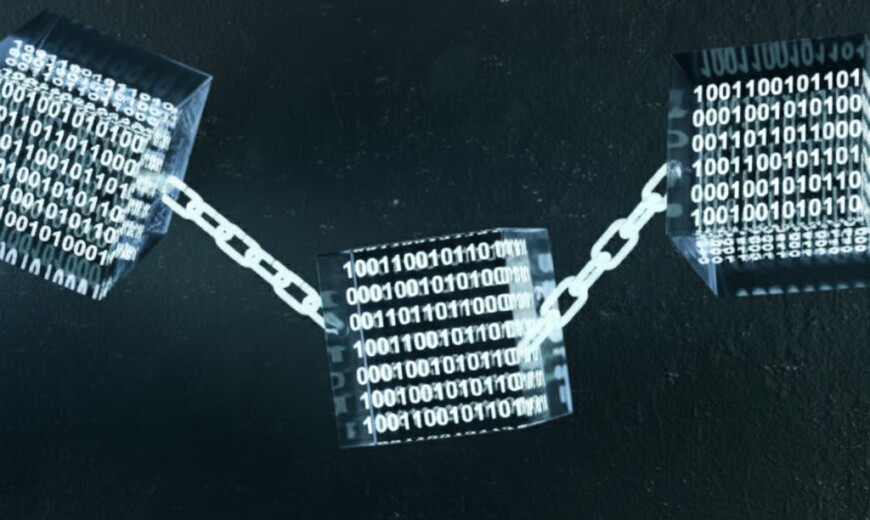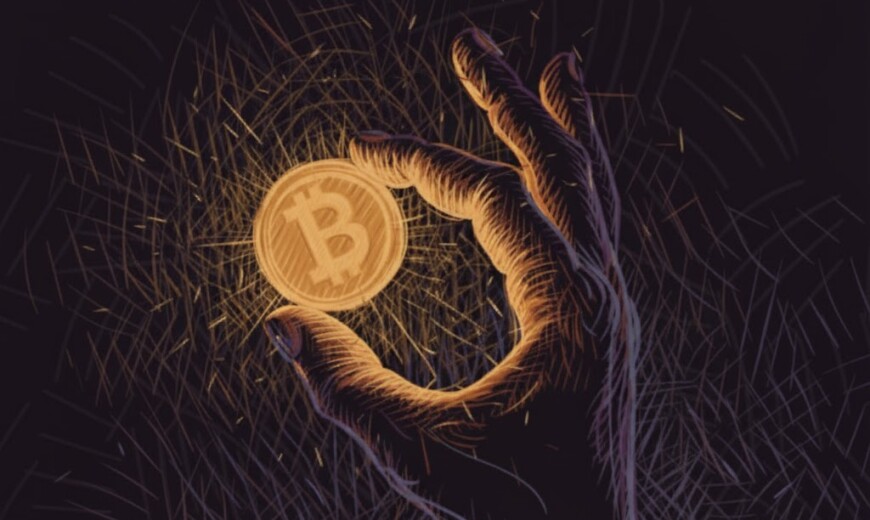How exactly can blockchain strengthen cybersecurity? This article lays out ten potential applications:
1. Decentralised identity management
Our current reliance on centralised identity systems means that one breach puts the data of millions at risk. Blockchain revolutionises this set-up, giving each person total control over their own identity, who can access it, and what they can see - essentially eliminating the risk of these cataclysmic breaches.
2. Immutable audit trails
Blockchain records every action or change in the system on an immutable ledger, where nothing can be altered or deleted. This total transparency means that any unusual behaviour will be rapidly detected, and result in a clear record of an attempted attack.
3. Digital twins
A ‘digital twin’ of a physical product can be stored on the blockchain, drastically reducing fraud in commerce by enabling a product’s authenticity to be traced all the way back to its manufacturer.
4. Tokenising assets
Highly sensitive information can be ‘tokenised’ and stored as an asset on the blockchain, providing a practically impenetrable layer of security. In cybersecurity, this might involve tokenising access rights, encryption keys, or datasets.
5. Collaborative threat intelligence
With blockchain, organisations can share reliable, real-time information about cyber threats without compromising sensitive data. Pooling this knowledge will help organisations respond to threats faster and strengthen their security as a collective.
6. DDoS protection
Susceptibility to DDoS attacks - where a server is purposefully overwhelmed with internet traffic so that it’s unavailable to real users - is substantially reduced with blockchain technology, as its decentralised design means the network can effectively absorb the attack.
7. Zero trust security
Harnessing blockchain for identity verification supports the principle of "never trust, always verify”, as all unauthorised and suspicious access requests are recorded and can be quickly investigated.
8. Smart contracts
Smart contracts are able to self-execute - for instance, if one party fulfils their end of the contract and delivers goods to another, payment will automatically be released. The transparency inherent in blockchain allows all parties to scrutinise these contracts, ensuring both their integrity and security.
9. Decentralised file storage
Here, an organisation’s data is encrypted and distributed throughout an entire network. Even if hackers manage to breach one node of the network, they won’t be able to access the files stored on it.
10. Immutable threat intelligence feeds
Cybersecurity analysts can store threat intelligence feeds on the blockchain, creating a trusted source of information that can’t be tampered with, and can be shared with other organisations.






